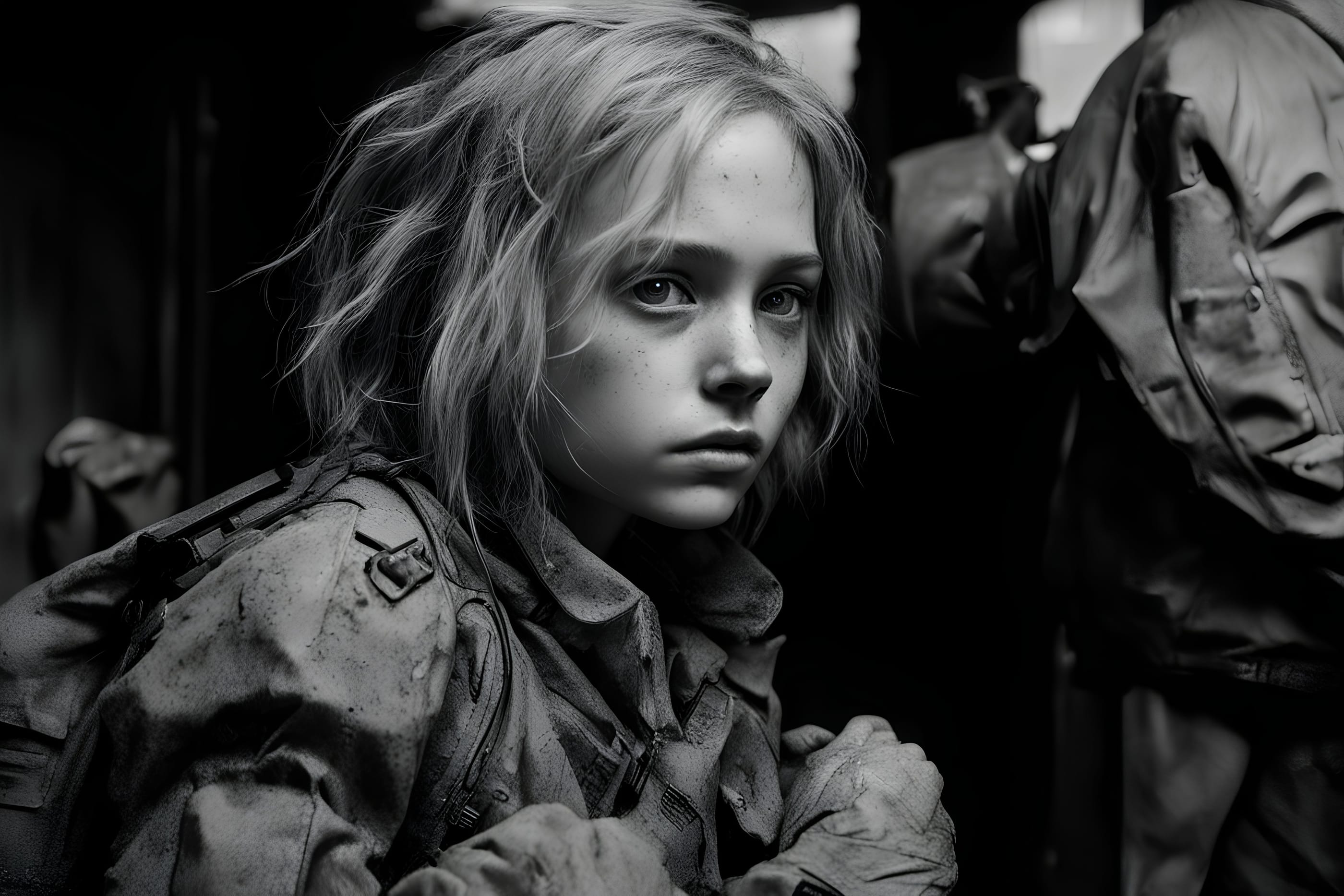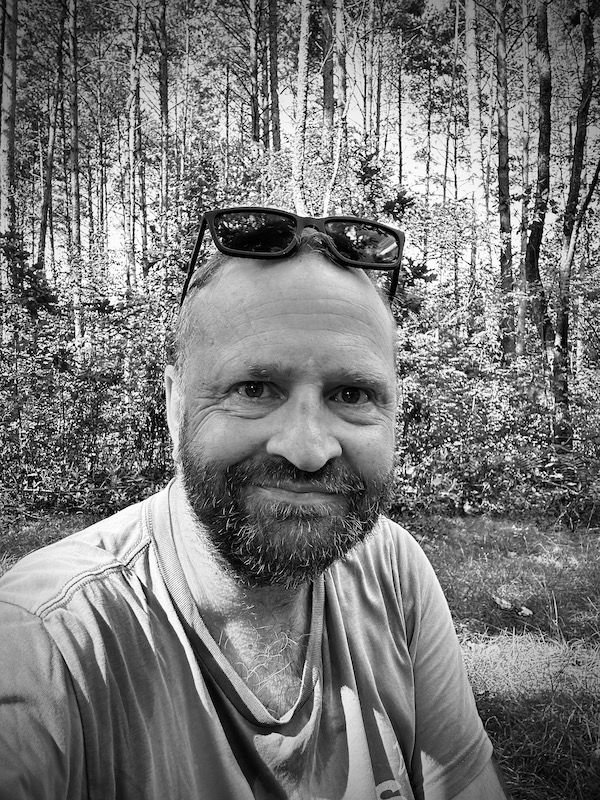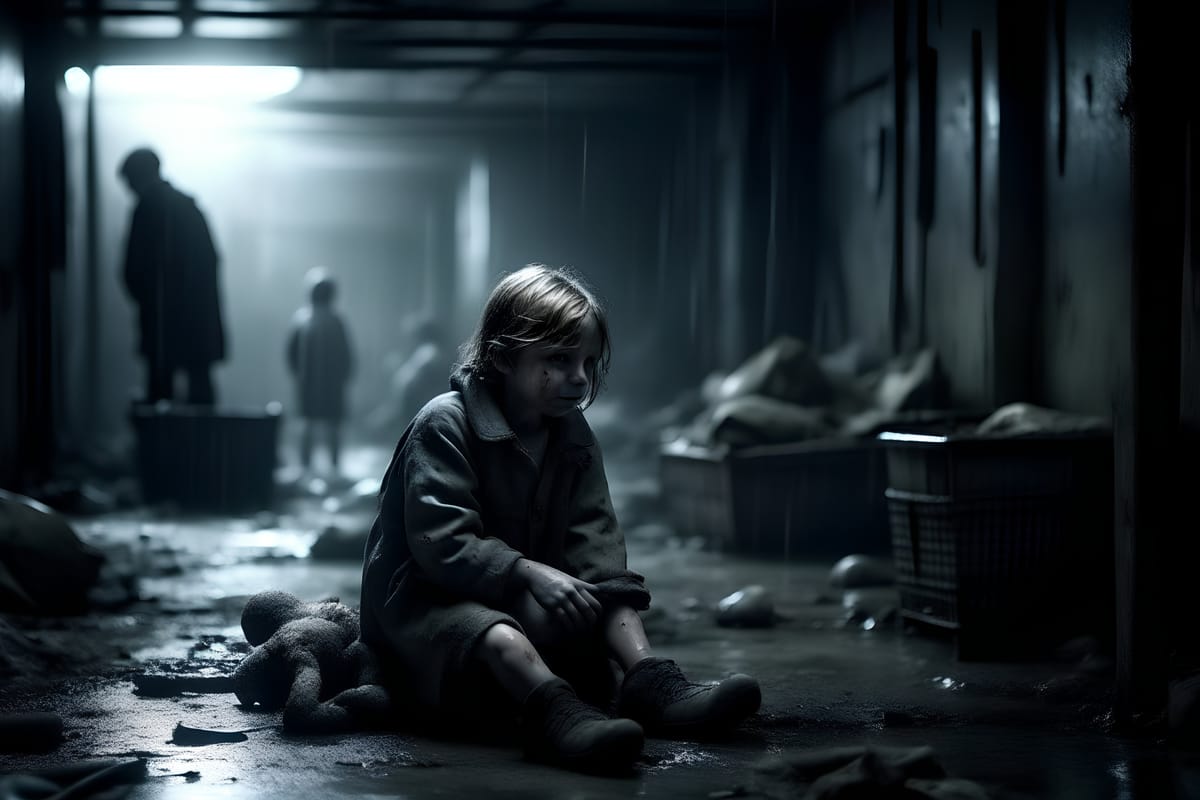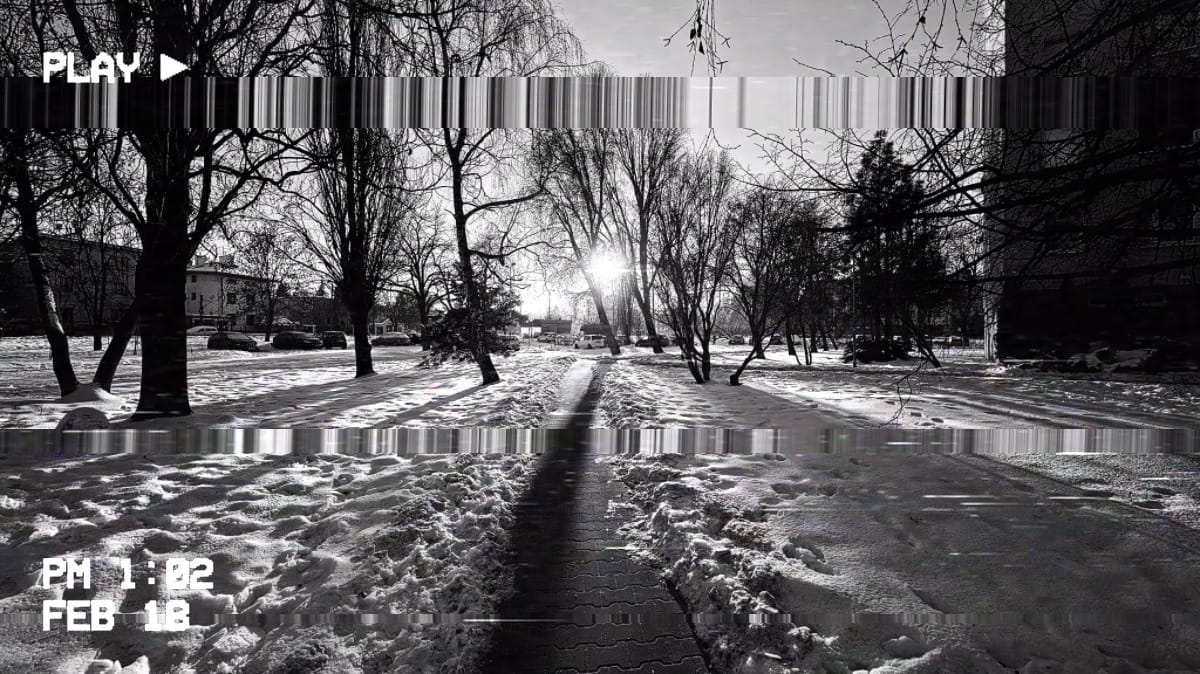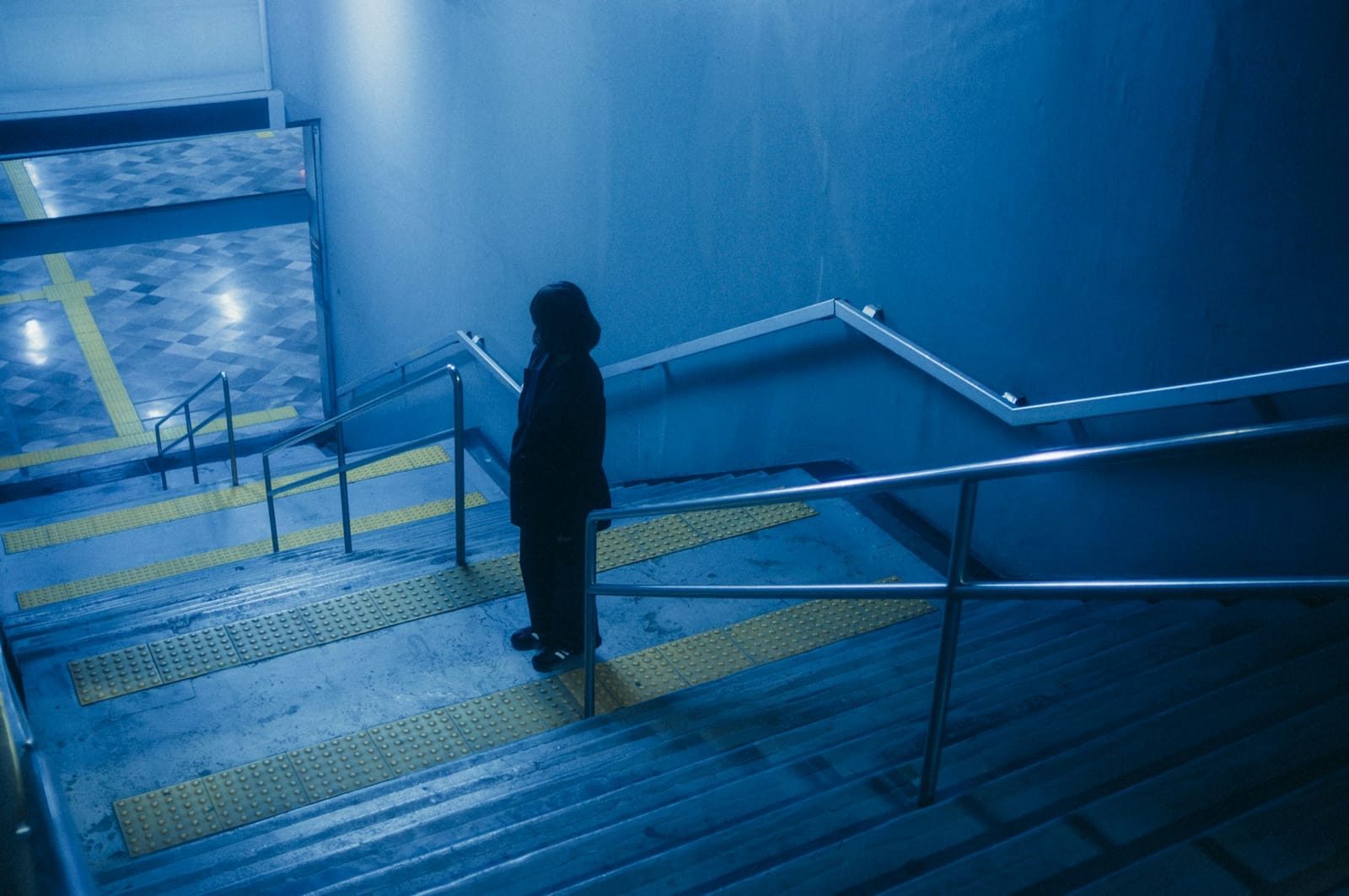The true nature of what happened during The Deluge remains hotly debated, even now, years after the crisis ended. This record of Europe's greatest bio-military catastrophe owes its existence to a chance encounter with Doctor Elena Chen, former head of the United Nations Crisis Response Commission. Our meeting in a crowded Berlin café was meant to be nothing more than a courtesy call, an opportunity to discuss her controversial resignation. Instead, it sparked a journey that would take me across five continents and into the lives of those who witnessed - and survived - humanity's brush with extinction.
"It wasn't just about the rising water table," she told me that day, her hands wrapped around a cooling cup of green tea. "We'd modelled that scenario for decades. What no one predicted was the speed of the collapse, or how The Dendron would transform everything we thought we knew about bio-adaptation." She paused, considering her next words carefully. "The official report reads like a technical manual - statistics, projections, policy recommendations. But it misses the human element entirely. It says nothing about the people who fought, suffered, and died - their world literally drowning around them."
That conversation became the genesis of The Syren Protocols, a project that has consumed me for over a year now and has fundamentally alter how I understand my creative response to writing, ideology, conflict and philosophy. What began as a simple documentary effort evolved into something far more ambitious: an oral history of the most significant environmental / ideological disaster in European history, told through the voices of those who lived through it.
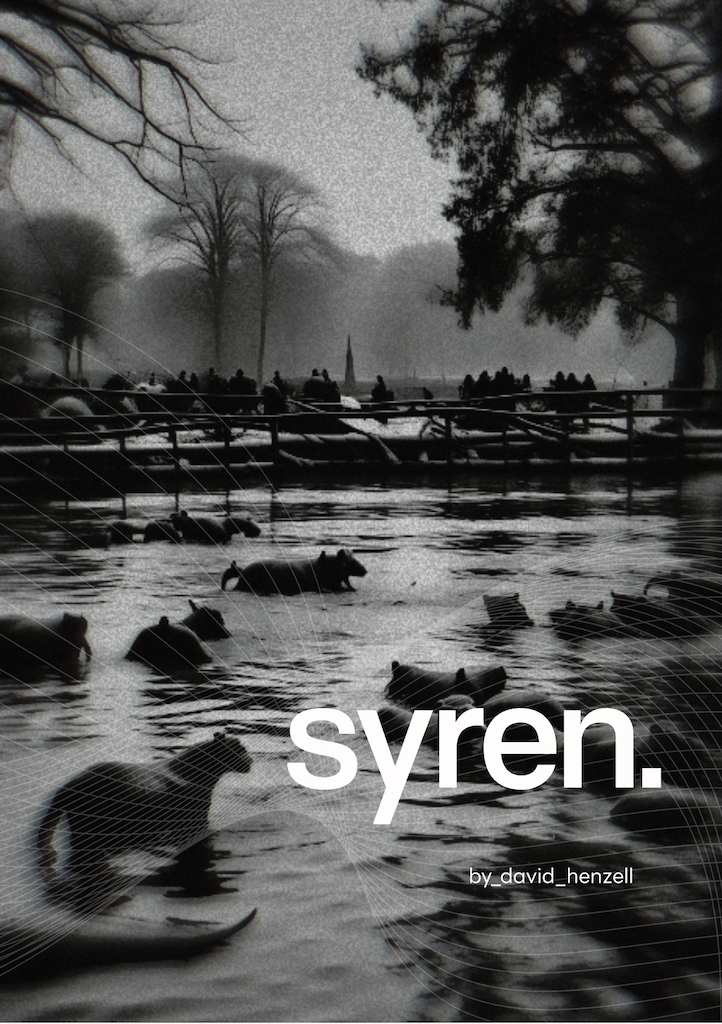
The Format: Voices from a Drowned World
Inspired by Max Brooks' influential World War Z, The Syren Protocols will employ the oral history format to create an immersive, polyphonic narrative. Rather than presenting a single protagonist's journey, the project weaves together dozens of first-person accounts from survivors across the globe. This approach serves multiple purposes: it captures the truly epic scope of the crisis, provides intimate human perspectives on massive systemic collapse, and allows readers to experience the unfolding crisis through multiple lenses simultaneously.
The interviews span continents and social strata. We hear from Diana, the Ukrainian journalist whose dispatches from Warsaw became the definitive record of the survivors response. Her story anchors much of the narrative, providing both journalistic rigour and deeply personal stakes as she documents the collapse of an entire society while searching for the truth. But her voice is joined by dozens of others: refugee camp administrators in Central Poland, biologists studying the mysterious Dendron, government officials grappling with unprecedented policy challenges, and ordinary citizens whose lives were forever altered when the waters rose.
Each testimony is presented as raw, unfiltered human experience. There are no omniscient narrators explaining the broader implications; instead, readers must piece together the larger picture from individual perspectives. This creates a sense of immediacy and uncertainty that mirrors how the crisis actually unfolded - in confusion, with incomplete information, and through the lens of personal survival rather than historical perspective.



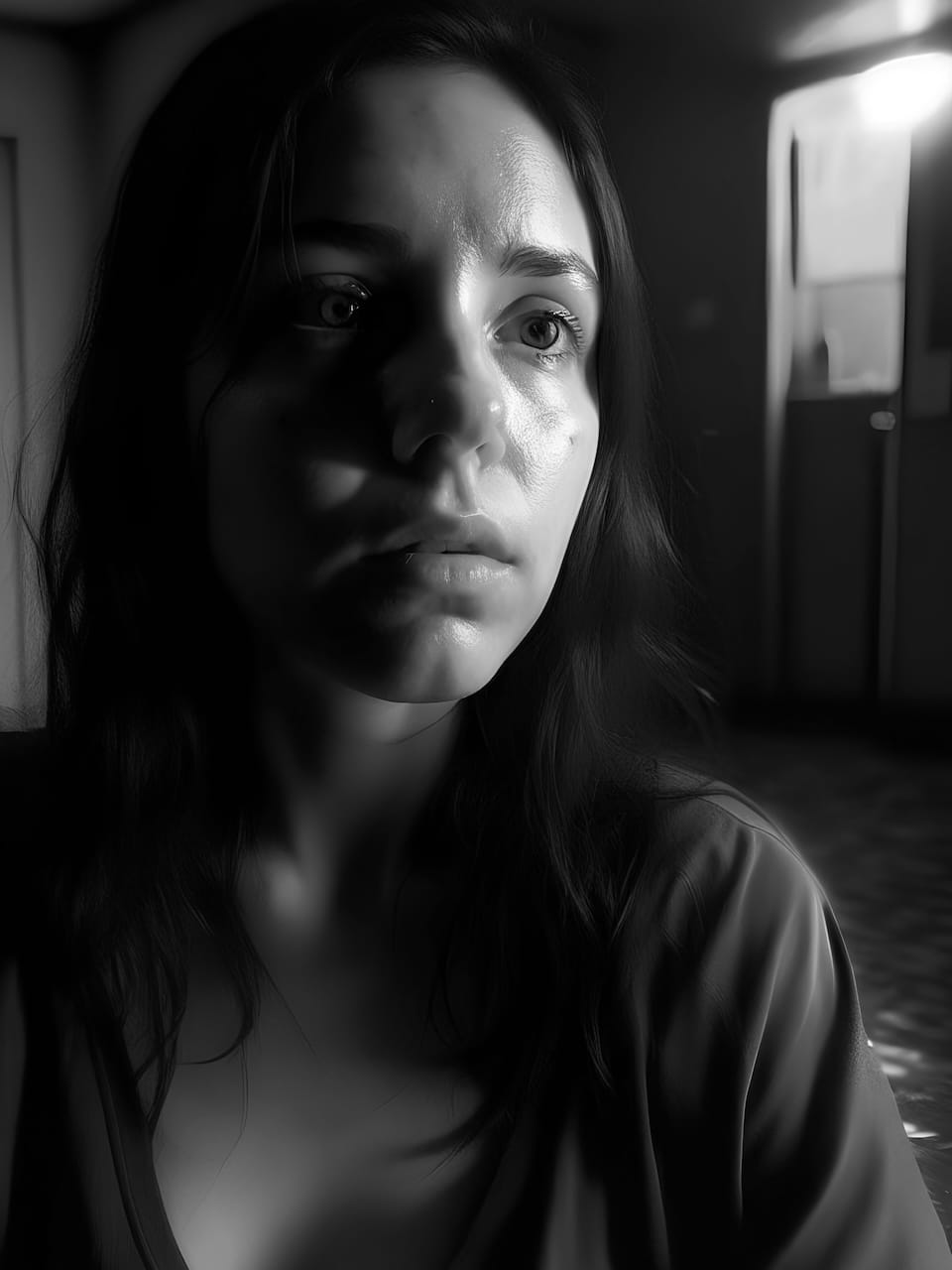
Clockwise: Zosia; Fritha; Diana & Anna
The Dendron: Nature as Character
Central to many accounts is the mysterious entity known as The Dendron - a vast, interconnected organism that emerged from the water table as the floods rose. Part biological phenomenon, part military force, The Dendron defies easy categorisation. Some survivors describe it as a conscious entity actively reshaping minds. Others see it as a mindless but adaptive organism responding to situations on the ground. Still others believe it represents some form of planetary immune response to human ideological carnage.
The Dendron serves multiple narrative functions. On a literal level, it provides the speculative element that elevates the story beyond simple fiction. Its presence makes the situation on the ground more dramatic and unpredictable, creating scenarios that purely realistic dialogues might not support. But symbolically, The Dendron represents mankind's agency in a world where humans have long assumed environmental dominance. It's not merely a construct of bio-military exploration, but an active participant in reshaping the societies' boundaries.
Different characters interact with The Dendron in different ways, reflecting their cultural backgrounds, resistance skills, and personal experiences. Biologists approach it as a research subject. Military personnel see it as a threat to be contained. Local communities sometimes recognise it as a manifestation of traditional ecological wisdom. These varied perspectives create a rich tapestry of human-nature relationships while avoiding a single, authoritative explanation for the phenomenon.
Themes: Collapse, Adaptation, and Resilience
The effects of military conflict, and the attempt to enforce ideologies serve as the primary thematic backbones, but The Syren Protocols explores these implications across multiple dimensions. Environmental collapse intersects with social inequality, as hostile nations deploy massive bio-engineering projects to protect their homelands while neighbouring countries face wholesale displacement. Political systems strain under the pressure of managing unprecedented refugee flows and resource shortages. Cultural identity becomes fluid as traditional communities are forced to abandon ancestral lands.
The story particularly focuses on adaptation - military, biological and social. Communities develop new forms of governance suited to amphibious living. Traditional agricultural practices evolve to account for saltwater intrusion. Maritime cultures that seemed obsolete suddenly become repositories of crucial survival knowledge, deep in the heart of land-locked Europe. The Syren Protocols themselves - the mysterious communication networks that some survivors claim to detect - represent a form of interspecies adaptation, suggesting new relationships between human and marine-weaponised intelligence.
Individual resilience emerges as another crucial theme. Characters like Fritha, the traumatised refugee from Warsaw who finds purpose in documenting survivor testimonies, exemplify how people rebuild meaning in the aftermath of catastrophic loss. The oral history format naturally emphasises survival and recovery - only those who lived through the crisis can tell their stories.

Why Oral History Matters
The choice to present these stories as oral testimony reflects both aesthetic and political considerations. Aesthetically, the format creates intimacy and immediacy that traditional narrative techniques might not achieve. When a refugee camp administrator describes the logistics of housing thousands of displaced persons, or a biologist recounts her first encounter with Dendron formations, readers experience these moments through the filter of memory and emotion rather than detached observation.
Politically, the oral history format democratises the narrative. Official reports and academic studies, while valuable, tend to privilege certain types of knowledge and certain categories of experience. The voices of government officials and scientific experts appear alongside those of resistance fighters, boat people, and urban survivors. This multiplicity of perspectives reveals how large-scale bio-military change affects different communities in radically different ways.
A Mirror for Our Present
Though set in a speculative dystopian future, The Syren Protocols reflects urgent contemporary concerns about ideology, environmental justice, and human adaptability. The story doesn't offer simple solutions or easy optimism. Instead, it presents complex scenarios where human ingenuity and cooperation coexist with profound loss and systemic failure. Some communities thrive in the new aquatic world; others simply disappear.
This complexity mirrors our current political reality, where technological solutions compete with calls for fundamental social transformation, where some populations face existential threats while others experience manageable inconvenience. By dramatising these tensions through personal testimony, The Syren Protocols makes abstract policy debates viscerally human.
The Syren Protocols asks difficult questions about sacrifice, responsibility, and adaptation. Who deserves protection when resources are limited? How do communities maintain cultural identity when their physical foundations disappear? What new forms of social organisation might emerge from the crisis? These questions have no easy answers, but the survivors' voices offer glimpses of possible futures - some hopeful, others cautionary.
The Syren Protocols ultimately serves as both entertainment and warning, using the power of personal narrative to make expansionism's human costs immediate and undeniable. In a world increasingly shaped by crisis, these voices from a flooded future offer crucial insights into how we might survive.
As waters rise and liberties fall, a covert war rages in the shadows. One woman's shattered psyche holds a secret that could decide the fate of millions.
